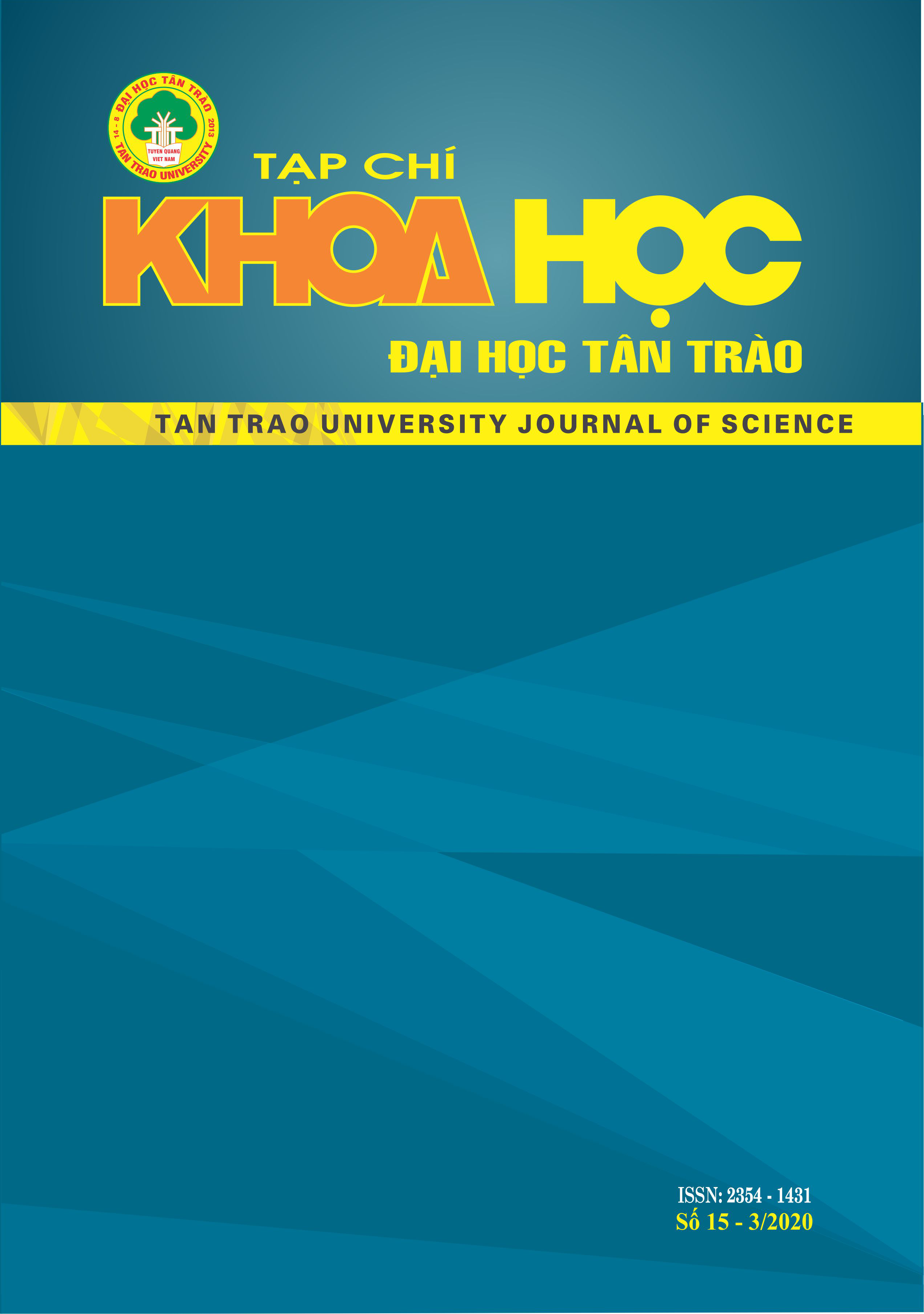Establishing a multi-level practical school in universities - exchange from reality of Tan Trao University, Tuyen Quang province
DOI:
https://doi.org/10.51453/2354-1431/2020/346Keywords:
practical school; public school; private school; autonomous educational institutions; high quality schoolAbstract
Pedagogical College or in universitie and colleges with teacher training control not only a current affair issue and but also one of the new options for a number of universities. This article has researched and given a number of legal aspects of establishing a school in a university, analyzed and compared specifically three school models in universities in the Northwest area for the legality, the advantages and disadvantages of each model of management, facilities, financial, staffs and teachers. At the same time, the study has made a number of recommendations for the formation mechanism and management model for schools in the universityDownloads
References
Quy chế hoạt động của trường thực hành sư phạm, Thông tư số 16/2014/TT-BGDĐTcủa Bộ
trưởng Bộ GDĐT, (2014).
Điều lệ trường THCS, THPT, trường phổ thông có nhiều cấp học, Thông tư số 12/2011/TT-BGDĐT, (2011).
Điều lệ trường Tiểu học, Thông tư số 41/2010/TT-BGDĐT, (2010).
Quy định về cơ chế thu, quản lý học phí đối với sơ sở giáo dục thuộc hệ thống giáo dục quốc dân và chính sách miễn, giảm học phí, hỗ trợ chi phí học tập …, Nghị định 86/2015/NĐ-CP của Chính phủ, (2015).
Đẩy mạnh xã hội hóa các hoạt động giáo dục, y tế, văn hóa và thể dục thể thao, Nghị quyết số 05/2005/NQ-CP của Chính phủ, (2005).
ahttp://chuvanantaybac.edu.vn/tin-tuc/tin-tuc-sukien/thu-hoc-phi-va-bao-hiem-y-te-nam-hoc-2019- 2020-tai-truong-th.html.
ahttp://hvschool.edu.vn/content-270/gioi-thieuve-truong-ptclc-hung-vuong/
ahttp://tse.daihoctantrao.edu.vn/gioi-thieuchung.html
ahttp://www.hvu.edu.vn/tin-tuc/thong-tin-tuyensinh-truong-pho-thong-chat-luong-cao-hungvuong.hvu
Downloads
Published
How to Cite
Issue
Section
License

This work is licensed under a Creative Commons Attribution-ShareAlike 4.0 International License.
All articles published in SJTTU are licensed under a Creative Commons Attribution-ShareAlike 4.0 International (CC BY-SA) license. This means anyone is free to copy, transform, or redistribute articles for any lawful purpose in any medium, provided they give appropriate attribution to the original author(s) and SJTTU, link to the license, indicate if changes were made, and redistribute any derivative work under the same license.
Copyright on articles is retained by the respective author(s), without restrictions. A non-exclusive license is granted to SJTTU to publish the article and identify itself as its original publisher, along with the commercial right to include the article in a hardcopy issue for sale to libraries and individuals.
Although the conditions of the CC BY-SA license don't apply to authors (as the copyright holder of your article, you have no restrictions on your rights), by submitting to SJTTU, authors recognize the rights of readers, and must grant any third party the right to use their article to the extent provided by the license.


